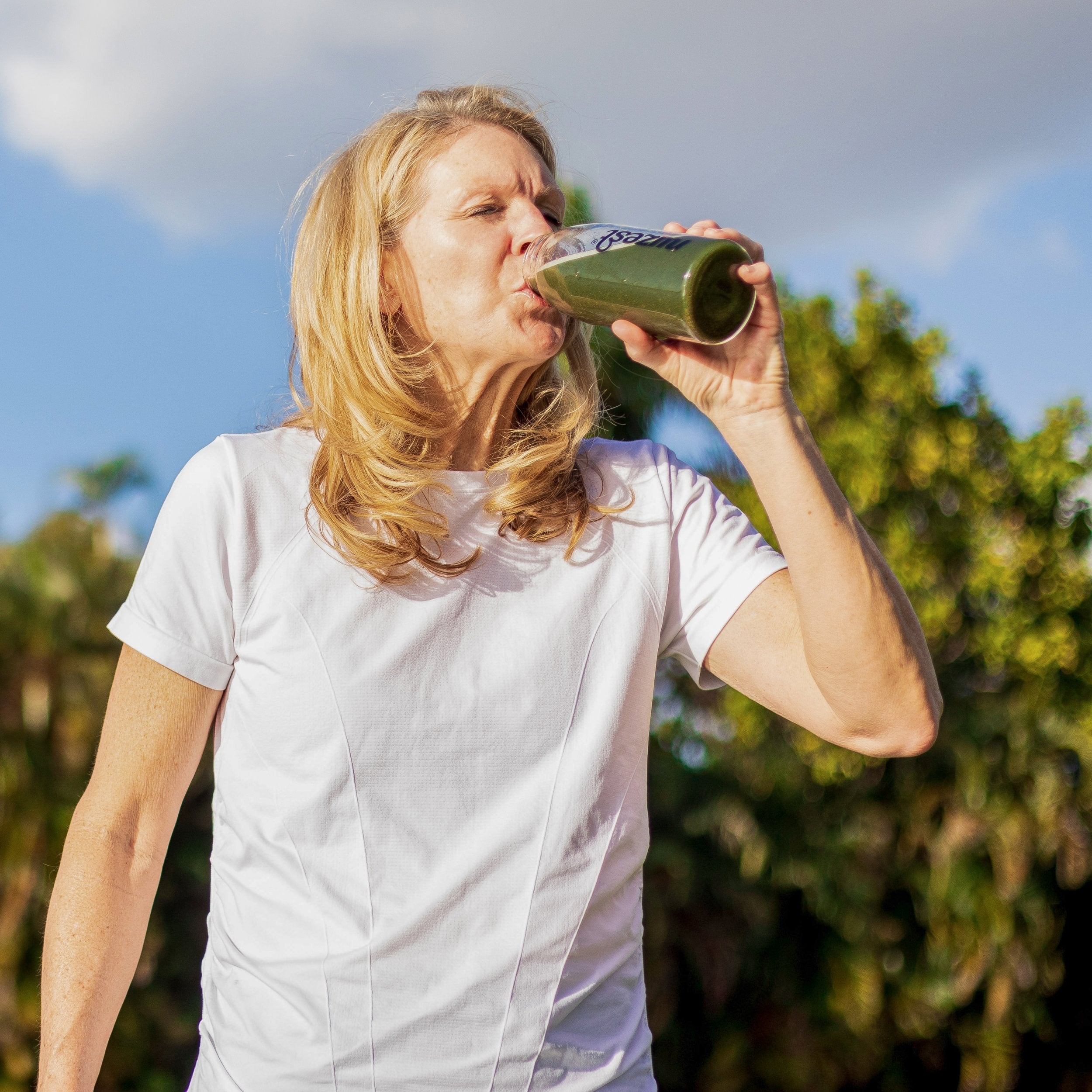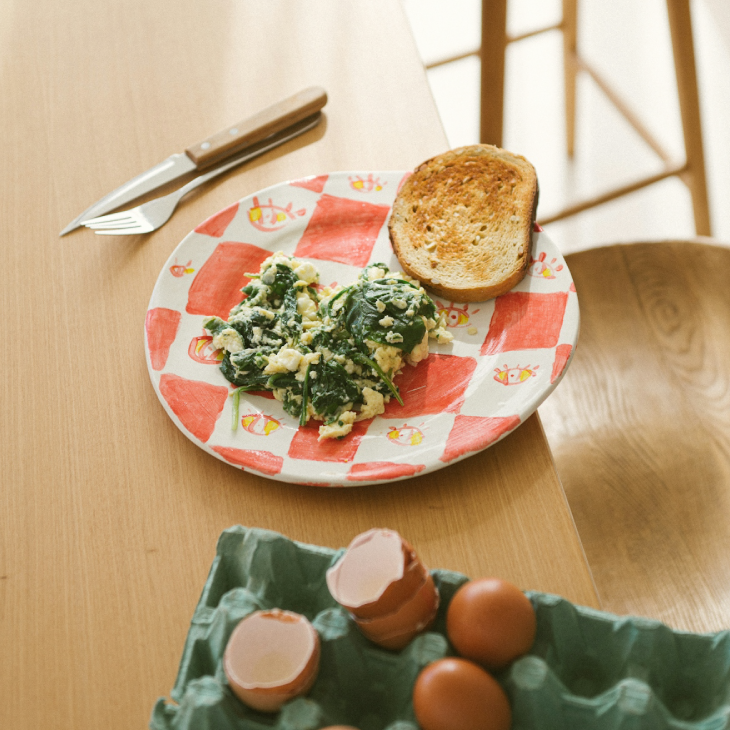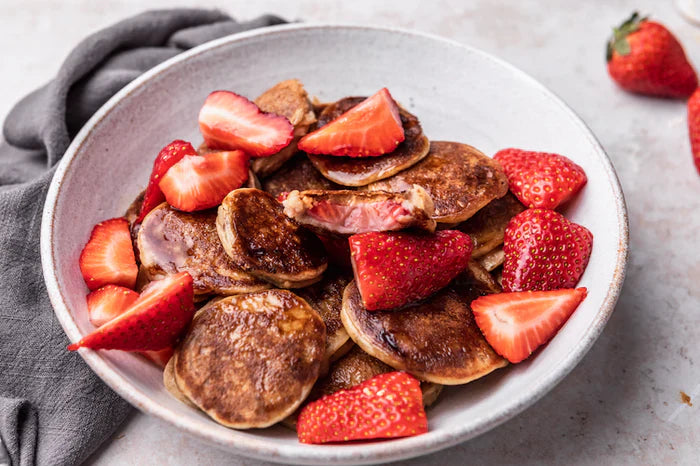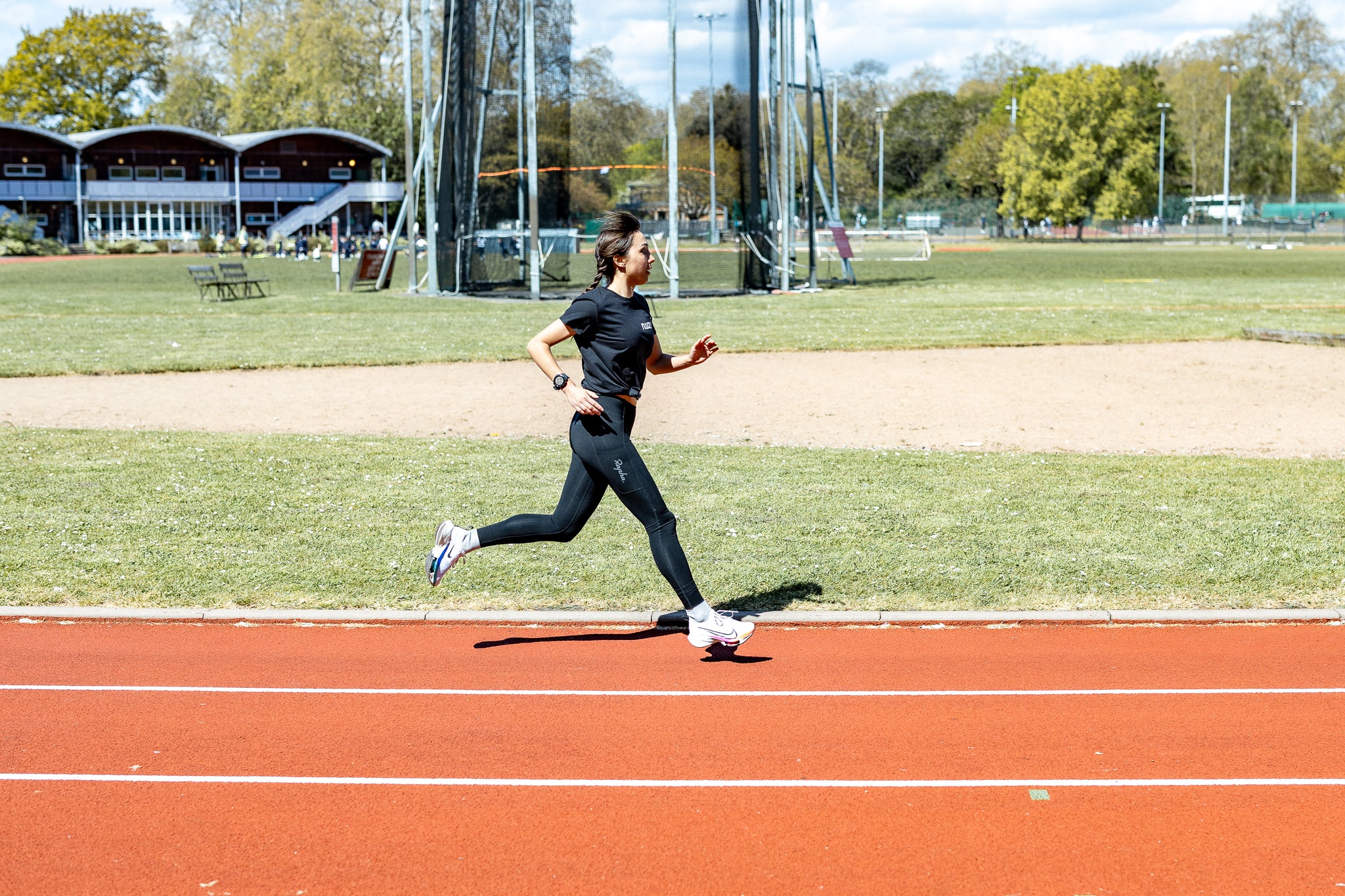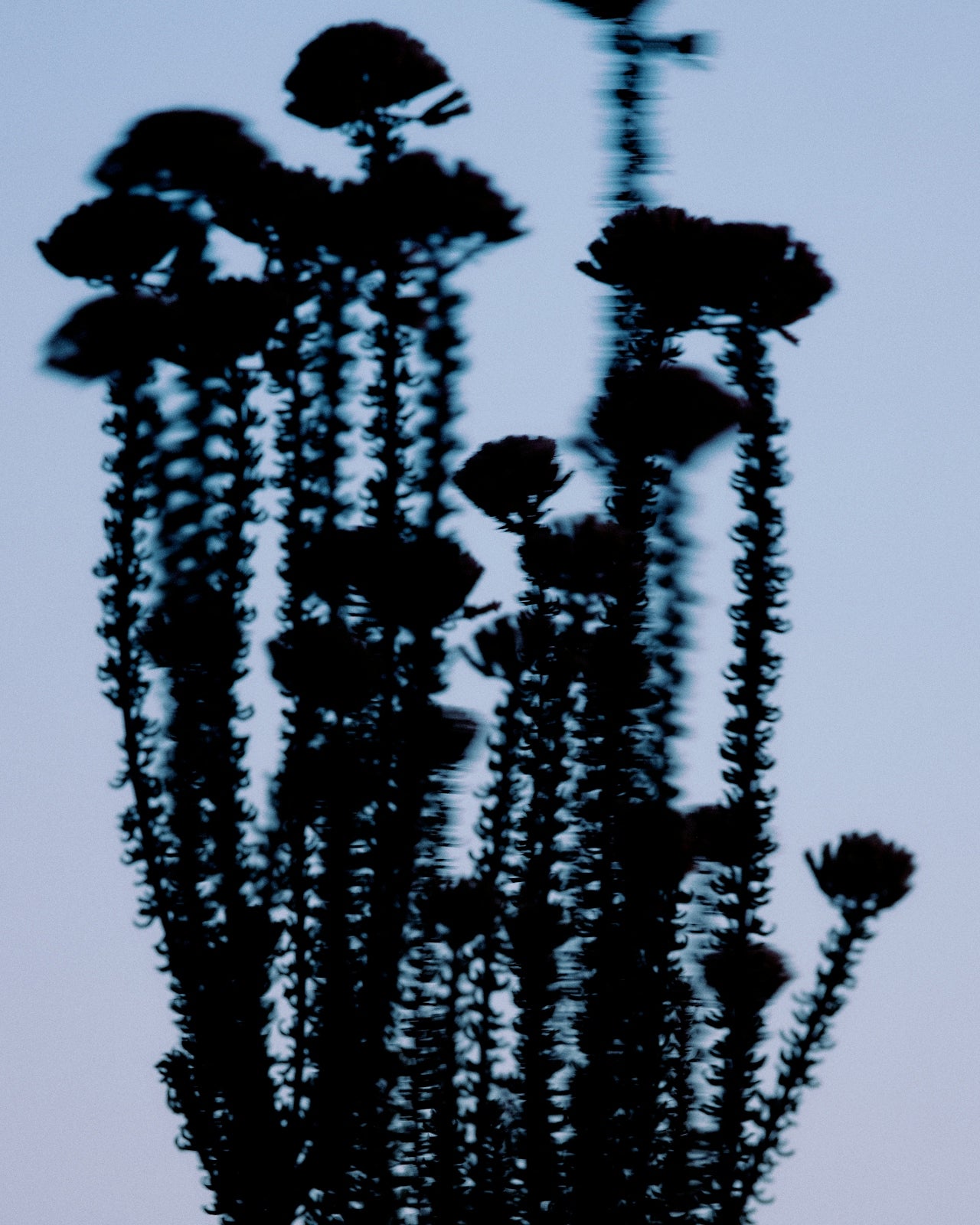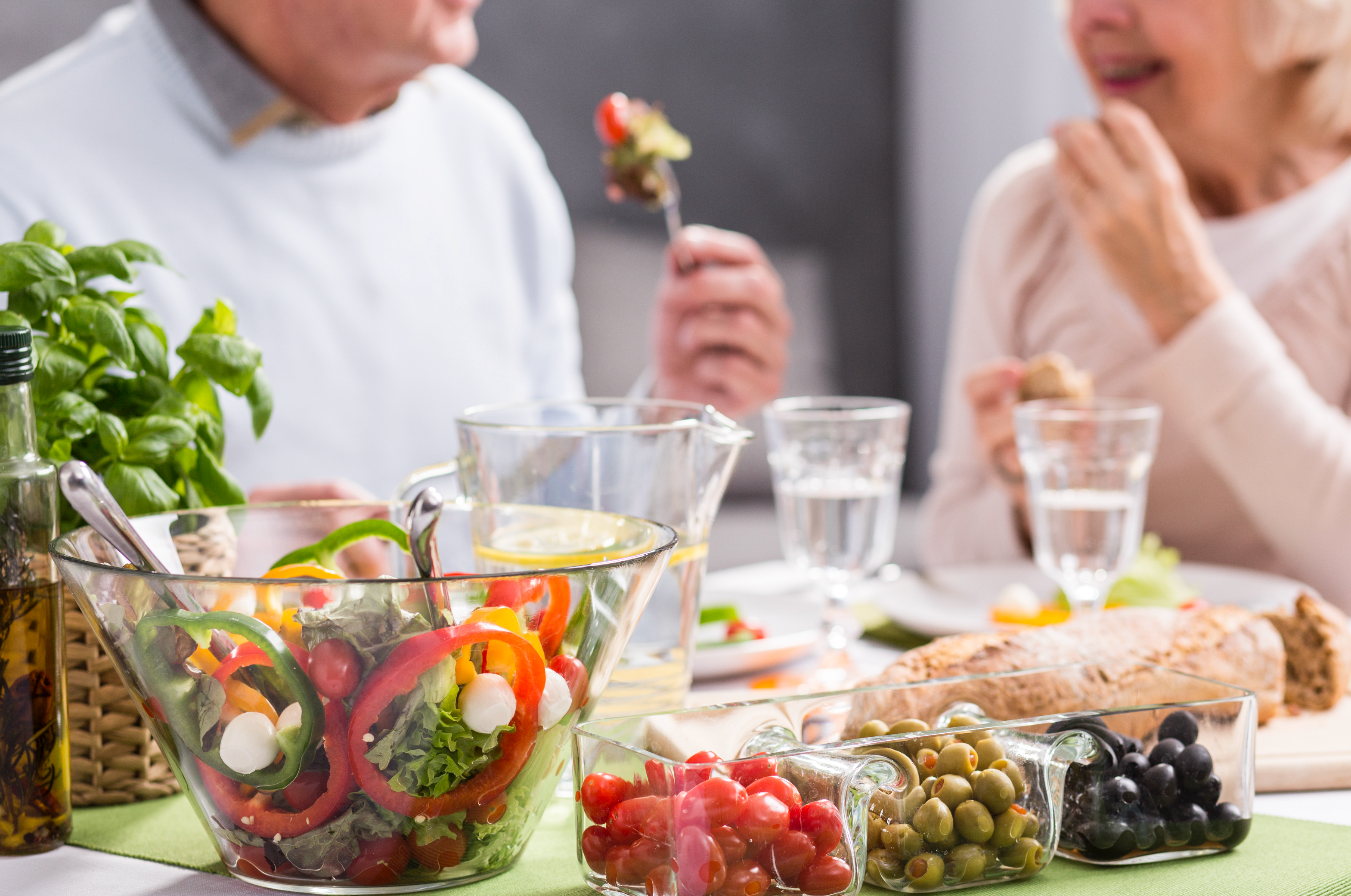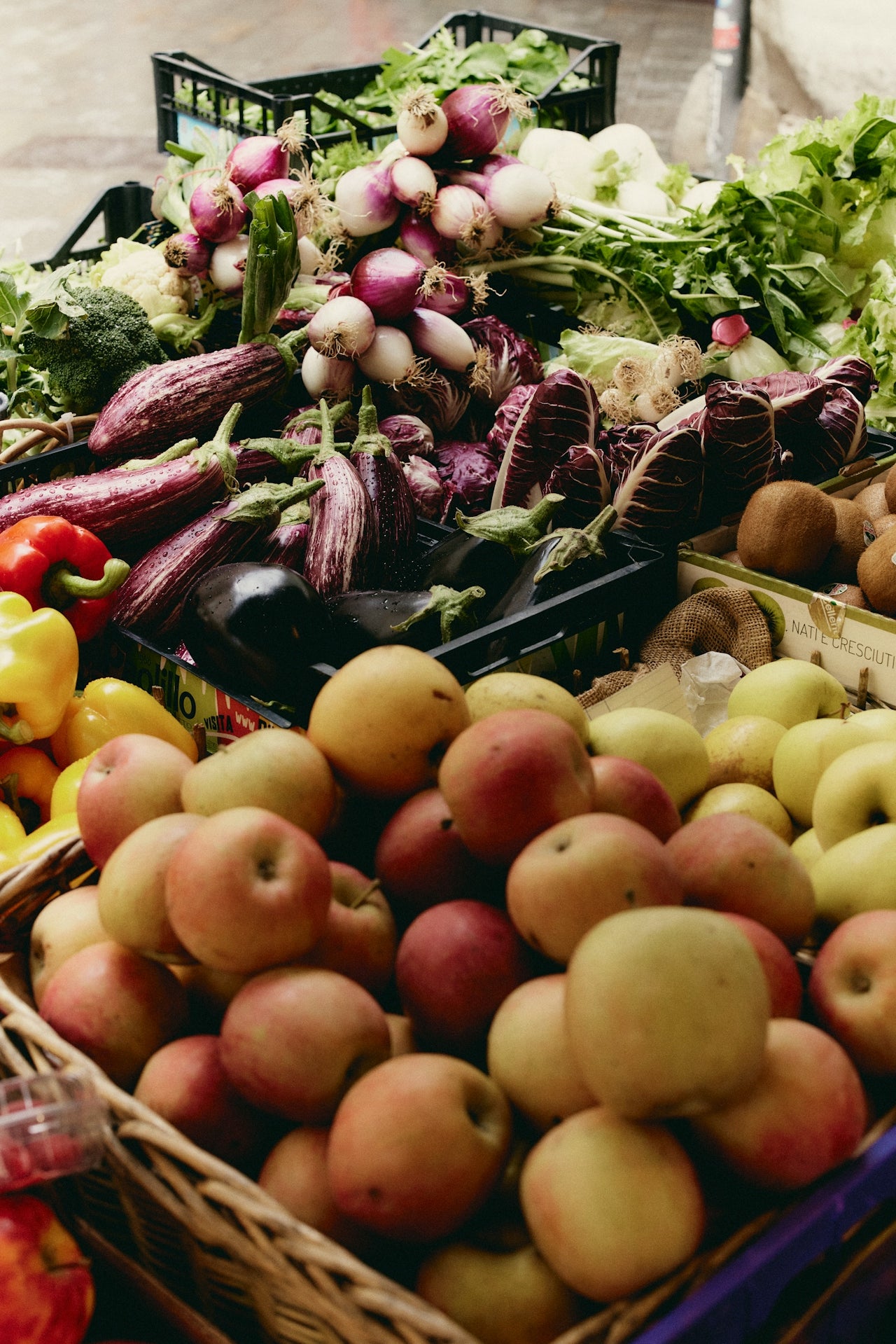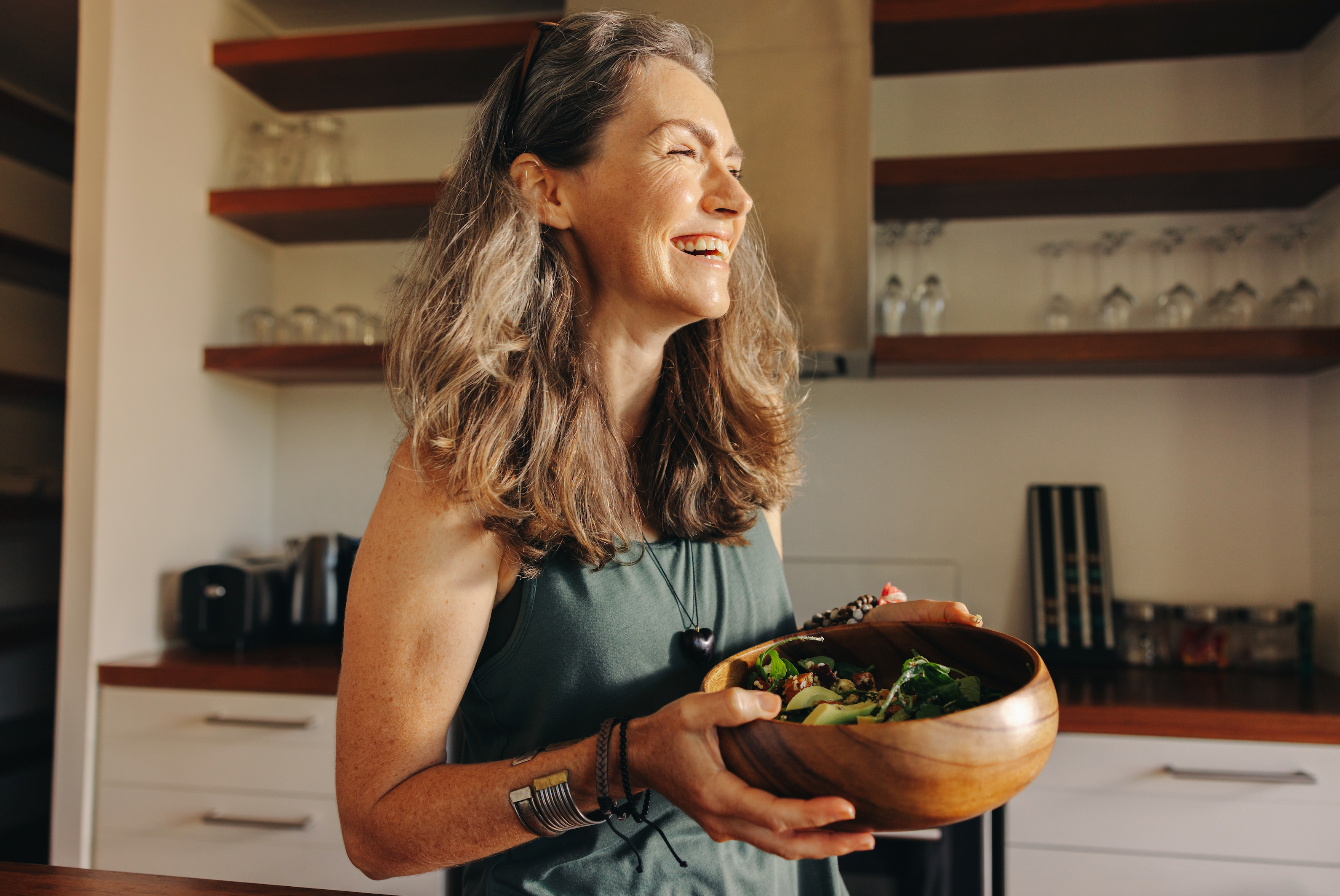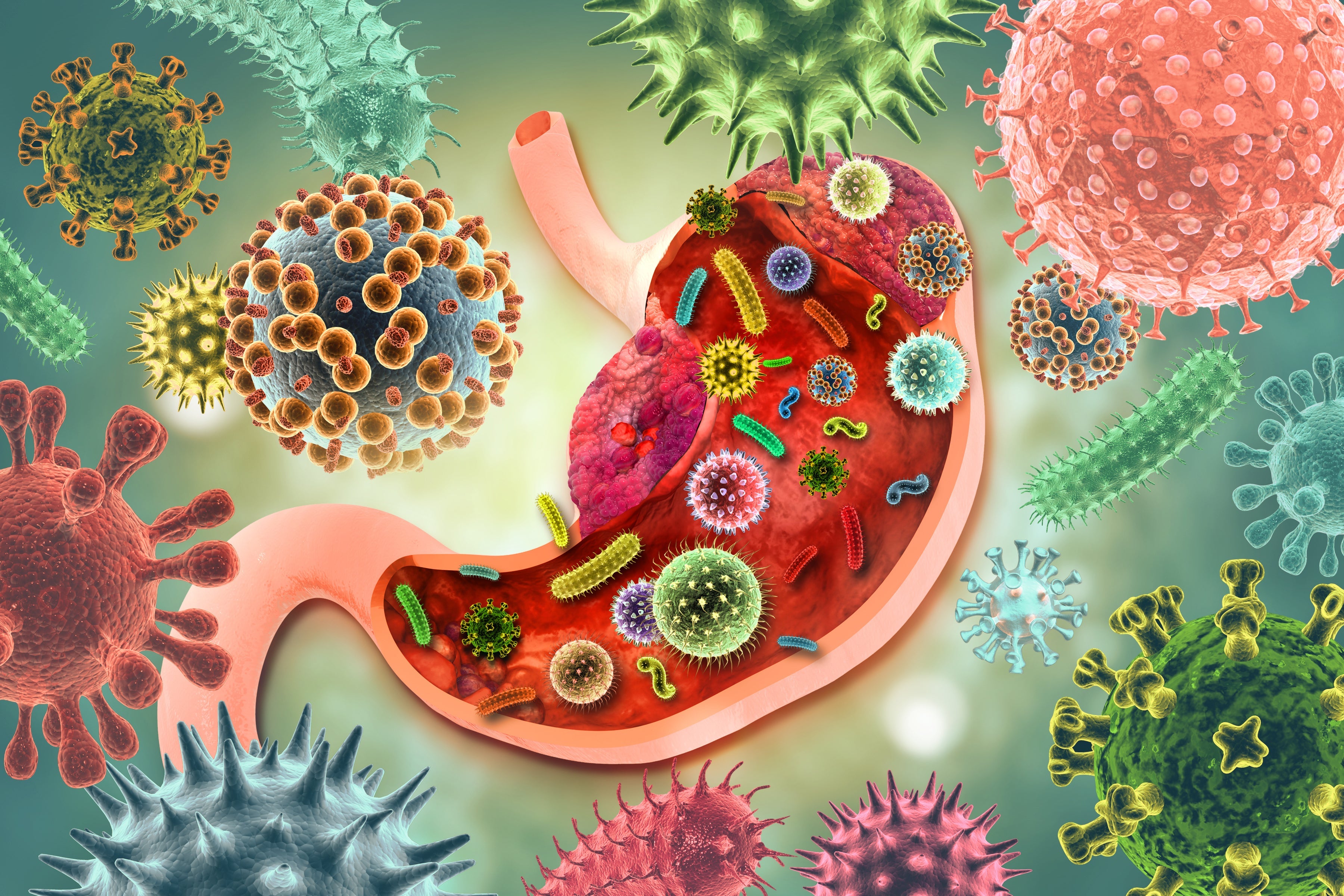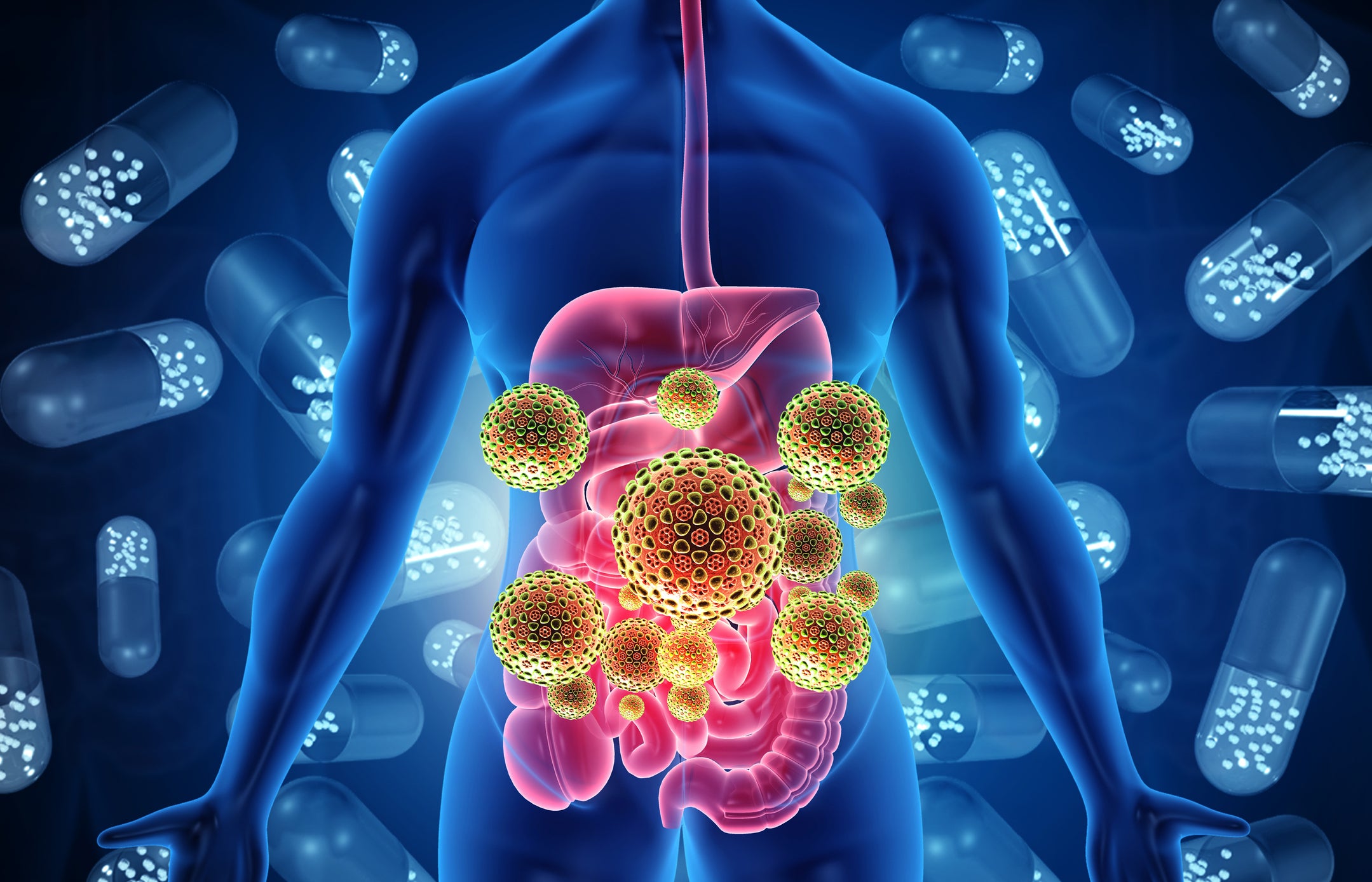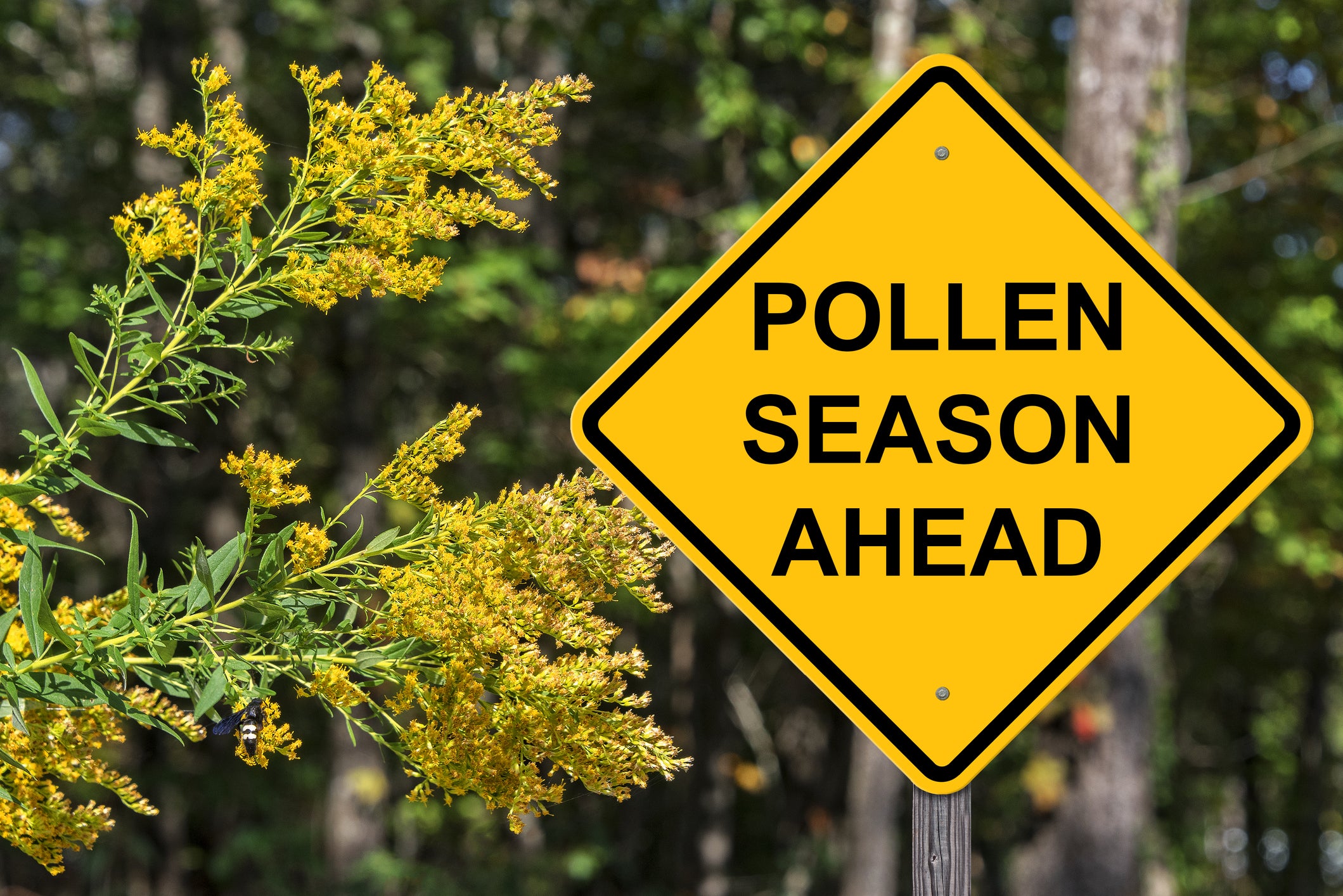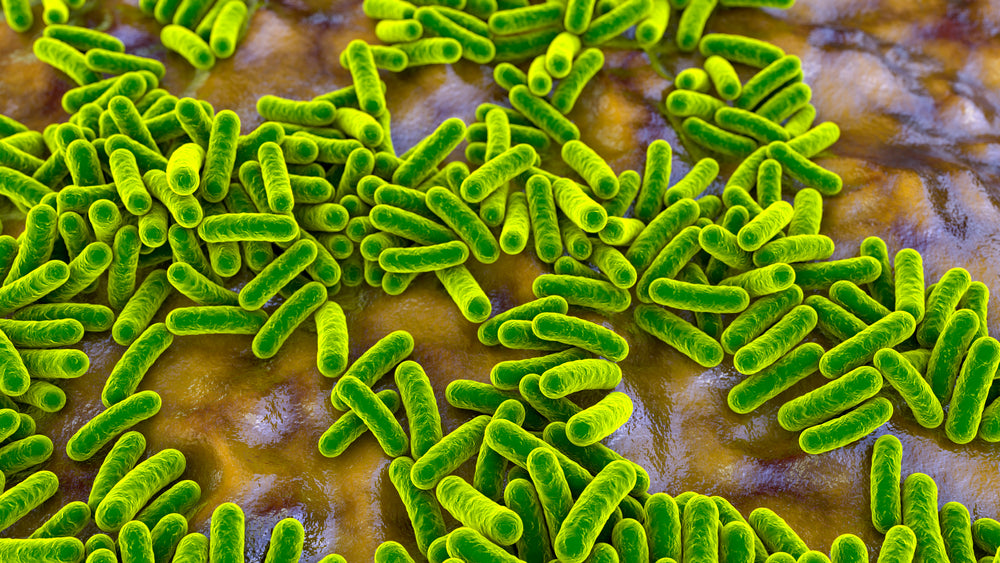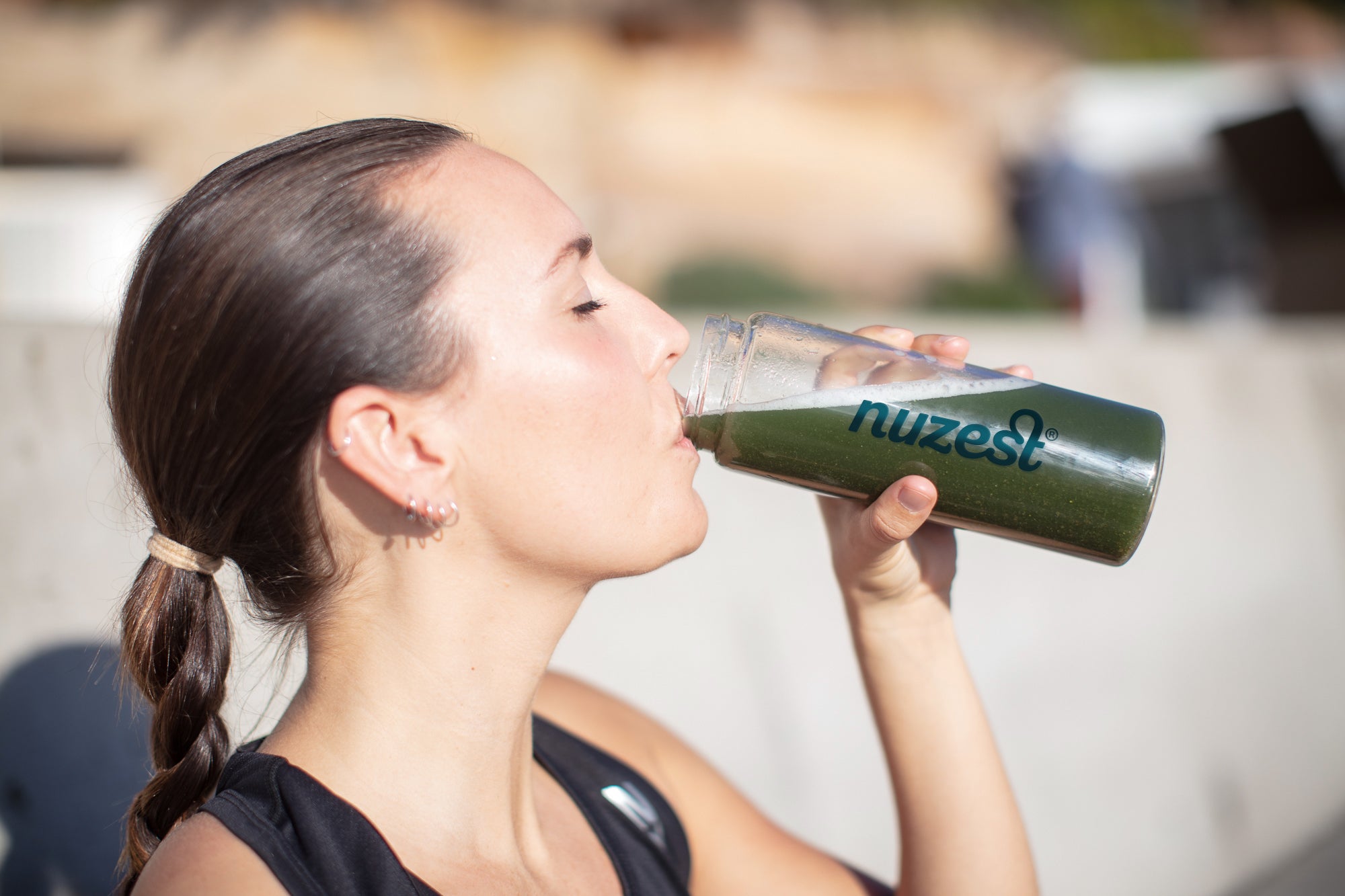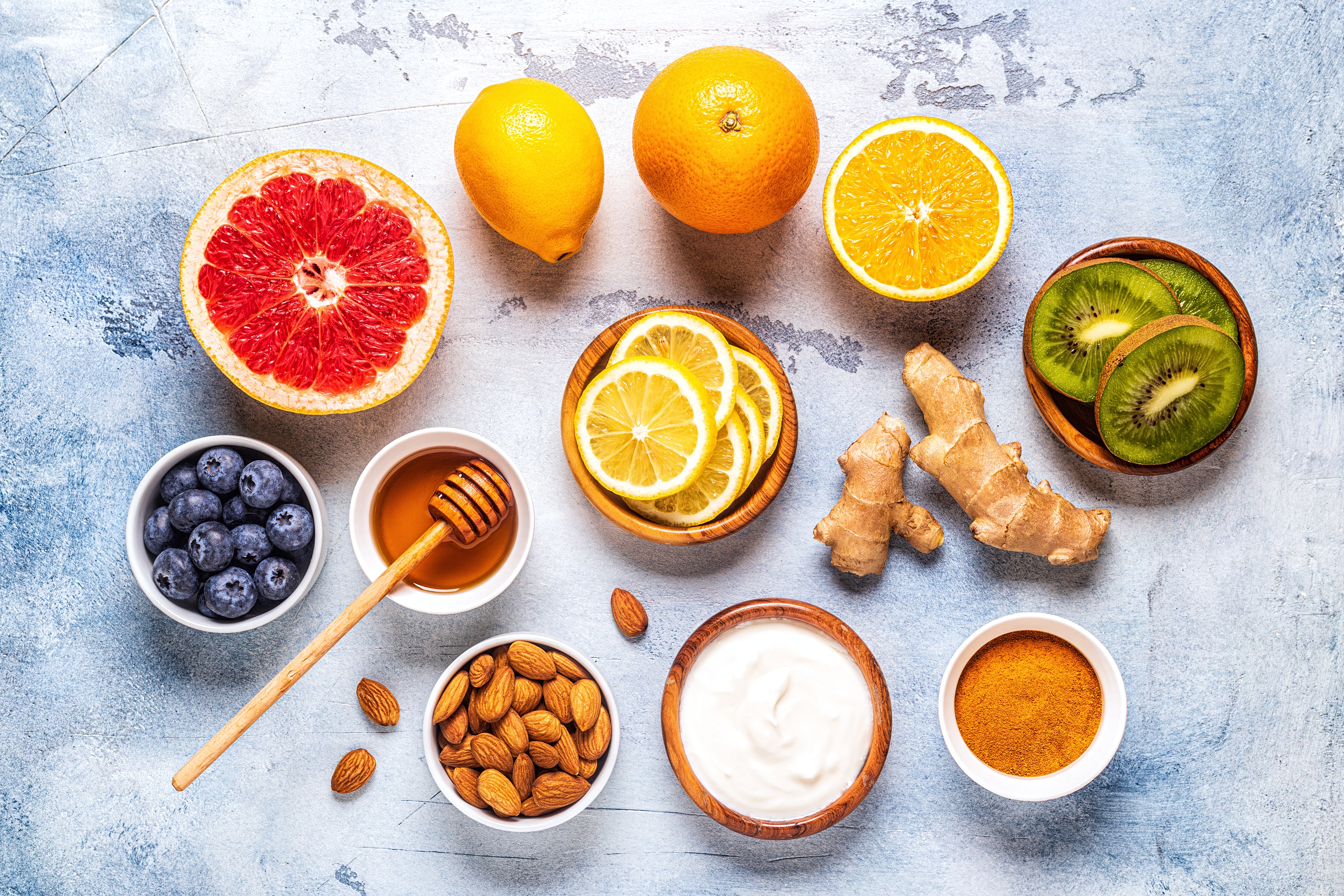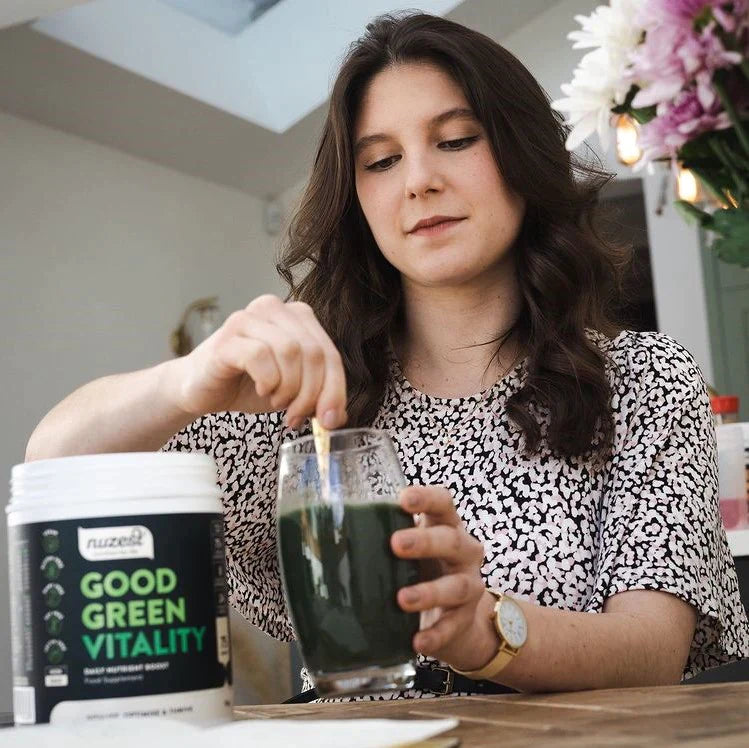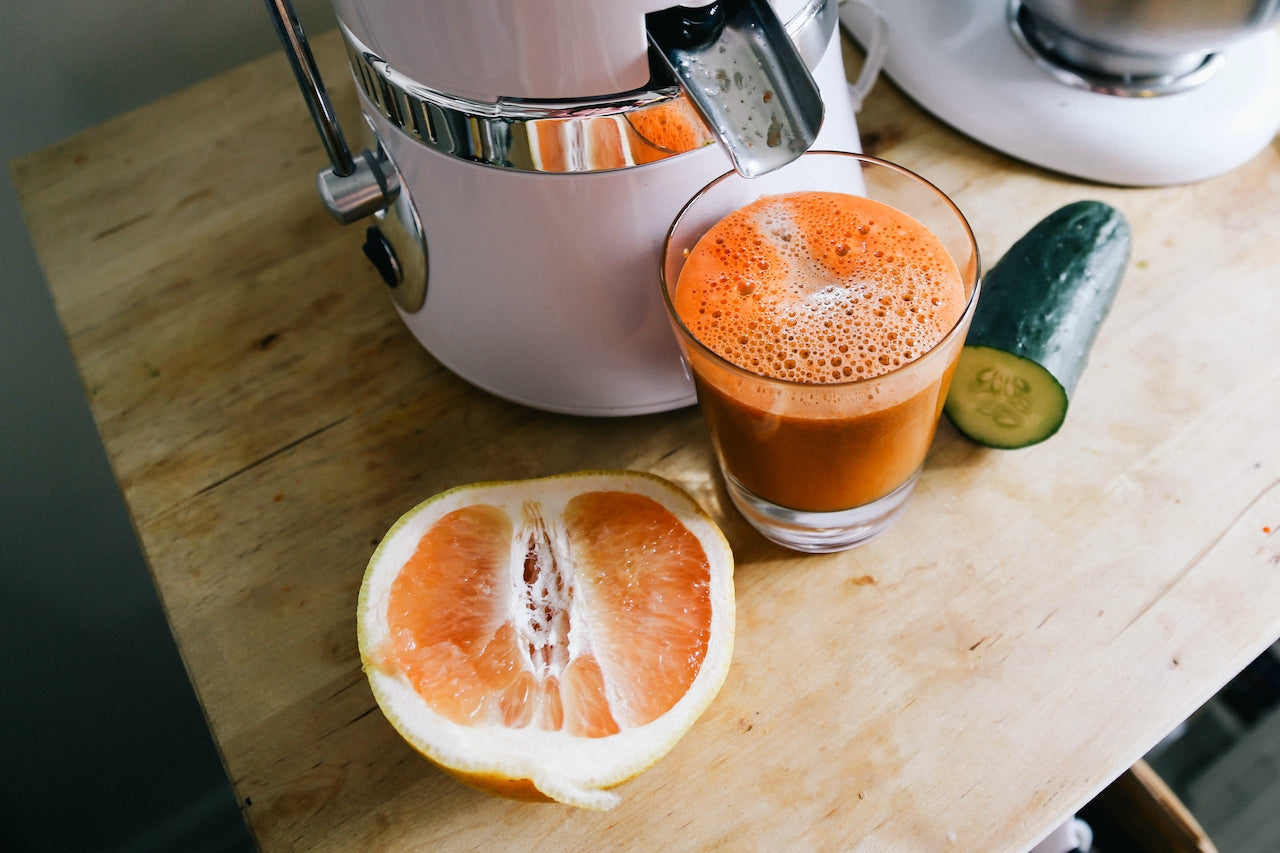By Molly Pelletier, Gut Health Nutritionist, MS Dietetics Candidate
Consuming adequate protein may pose a challenge for individuals on a vegan or vegetarian diet. However, it is possible to obtain essential nutrients with proper nutrition and food combination.
In order to thrive on a vegan diet, it is vital to note the difference between a complete protein source and an incomplete protein source. Complete protein sources contain all the essential amino acids, which are required for your body to build new proteins and repair muscle tissues.
Animal proteins such as eggs, fish, poultry, and meat contain all the essential amino acids and, therefore, are considered complete. Plant-based proteins often contain many of the essential amino acids needed by the body, but not all of them.
Despite this, there are some vegan sources of protein that you should know about that are considered complete or nearly complete. The following list details some of the most complete and bioavailable protein sources for vegans.
1. Soybean products
Soybean products, such as edamame, tempeh, and tofu are nutritionally dense and complete sources of protein for vegans (or really anyone). Research has shown that populations that consume higher amounts of soy-based protein and lower amounts of animal proteins have lower risks of prostate and breast cancer.1
In addition to protein, soy contains antioxidants and essential minerals which are important to include in a vegan diet, such as iron. Adding soy-based protein to your meals could be as easy as adding unsweetened soy milk to your smoothie, or snacking on dry roasted edamame. Topping your next lunch bowl with seasoned tofu or tempeh can also help you meet your daily iron needs.
2. Lentils
Lentils are a versatile and inexpensive form of vegan protein. One cup of cooked lentils packs 18 grams of protein and complex carbohydrates to help keep you satiated until your next meal. Lentils are also a source of fiber which is essential for promoting a healthy gut microbiome. Fiber has also been shown to reduce the risk of heart disease, diabetes, and some cancers.2 Lentils are delicious in curries, vegan salads, and even as a base for vegetarian “meatballs.”
3. Beans & Legumes
Kidney beans, black beans, chickpeas, and butter beans are just four examples of legumes which provide hearty vegan protein. Not only do beans contain about 15 grams of protein per one cup serving, but they also contain many essential vitamins and minerals that support optimal health. Beans and legumes are known for their health-promoting properties.
Several studies have shown that diets which are rich in beans and legumes may help decrease risk of chronic disease, while promoting healthy blood sugar and cholesterol levels.3,4 If chickpeas cause bloating or stomach distress, try removing the skins. The skins may be difficult for sensitive digestive systems, and therefore can relieve potential symptoms when removed.
4. Quinoa
This ancient grain has grown popular over the past decade due to its nutritionally complete protein and essential vitamin composition. Not only does one cup of quinoa contain eight grams of complete protein, but it also contains more fiber, magnesium, and iron than other grains.
Quinoa acts as not only a source of protein, but also a rich source of complex carbohydrates to help you stay energized throughout the day. You may have enjoyed this gluten-free grain as a base for vegan bowls and salads. However, it is equally delicious as a breakfast porridge with almond milk, mixed berries, and cinnamon.
5. Buckwheat
Despite the appearance of “wheat” in its name, this gluten-free grain is another complete source of plant-based protein. Buckwheat is actually a plant related to rhubarb, which is cultivated for its nutrient-dense seeds. The seeds are later ground into buckwheat flour to make soba noodles or other gluten-free products. Try switching up your next ramen night with soba noodles and marinated tofu for a high-protein noodle bowl. Or perhaps make a gluten-free pizza crust by simply mixing buckwheat flour and water.
6. Ezekiel Bread
Avocado toasts have become all the rage recently, and for good reason. When created with sprouted grains, such as Ezekiel bread, avocado toast can be a delicious and protein-rich vegan breakfast. Ezekiel bread can be found at your local grocery store in the freezer aisle, since the grains are sprouted and preservative-free. Sprouted grain breads contain grain seeds which have simply been pre-sprouted or germinated prior to manufacturing. This sprouting process enhances the nutrition and digestibility of the grain product.
Studies have shown that sprouting the grains enhances the amino acid content and may boost the protein quality.5 Sprouted breads also contain more soluble fiber and essential minerals such as folate.6 Replacing refined breads with sprouted grains, such as Ezekiel bread, in your sandwiches and French toasts can help elevate the protein and nutrition of your meals.
7. Chia seeds
Chia seeds are a nutritional powerhouse. In just two tablespoons, chia seeds pack four grams of complete protein, as well as omega-3 fatty acids and many essential minerals. Chia seeds are an extremely versatile food, pairing well with smoothies, oatmeal, and even savory salads. They also contain a type of water-absorbing fiber which yields a gelatin-like texture that is ideal for chia seed puddings and vegan desserts.
Many recipes can also be made vegan by substituting eggs for chia eggs: simply combine one tablespoon of chia seeds with three tablespoons of filtered water. Allow the mixture to gel for at least 5 minutes.
8. Nutritional yeast
In addition to iron, it can be challenging to consume adequate levels of vitamin B12 while on a vegan diet. A vitamin B12 deficiency can be damaging to your health, and therefore, should be addressed with your healthcare practitioner if you are on a vegan diet.
However, incorporating nutritional yeast into your vegan dishes can add a healthy dose of vitamin B12, as well as magnesium, zinc, and protein. Just one quarter cup of nutritional yeast provides eight grams of complete protein. Nutritional yeast is also notable for its umami, cheese-like favor, making it a perfect substitute for cheese in many vegan recipes.
9. Wild Rice
With thousands of rice varieties existing in the world, the nutrition and protein benefits of wild rice often gets overlooked. Wild rice packs approximately 1.5 times higher protein levels compared to brown rice and basmati rice. A one-cup serving provides seven grams of protein, along with essential nutrients: copper, phosphorus, magnesium, and B vitamins. Wild rice is also a whole grain, which means it has not been stripped of its bran.
Unlike white rice, which has the bran removed, wild rice contains additional fiber and essential vitamins. In recent years, concern has risen regarding the arsenic levels in rice products that may have been grown in polluted areas. Much of the arsenic can be removed from wild rice by soaking and rinsing the rice before hand.7 Wild rice also has a delicious nutty flavor and satisfying texture. It can be used for cold rice salads with roasted vegetables, or as an easy side dish to accompany marinated tofu.
10. Protein-rich vegetables
Vegetables are often overlooked as protein sources, however they can provide extra protein and fiber to your meals. Although, it is true that some vegetables contain higher levels of protein than others. Broccoli, sautéed spinach, asparagus, artichoke, and Brussel sprouts contain approximately four to five grams of protein per one cup. While squash, celery, peppers, and onions have lower amounts of protein (one to two grams per cup). This may be valuable information when planning your high-protein vegan meals.
11. Pumpkin seeds, nuts, and other seeds
Pumpkin seeds are a nutritional powerhouse with five grams of protein per one ounce. Plus, they contain essential vitamins such as magnesium, zinc, and iron, which are vital in a vegan or vegetarian diet. In general, nuts and seeds are nutritionally-dense foods which can add protein and healthy fats to practically any meal. Topping a smoothie with almond butter or flax seeds helps to balance blood sugar levels while adding protein and fiber. Sprinkle your salads or vegan bowls with sunflower seeds for an added crunch and nutrient boost.
12. Pea protein powders
Pea-based protein powders, such as Clean Lean Protein by Nuzest, are an ideal source of vegan protein. Our pea protein has 9 essential amino acids that your body needs, but it also serves as a source of plant-based iron. Since iron is primarily found in animal proteins, it is often difficult to obtain adequate levels in a vegan diet.
Did you know that most vegan proteins are not as bioavailable as animal proteins? This means that when compared to animal protein, the protein in plant-based foods is more difficult for the body to absorb. Bioavailability level adds an extra challenge for those on a vegan diet looking to increase their protein intake.
However, pea protein has been noted for its high bioavailability and digestibility ratings, which make it an excellent choice for individuals eating a plant-based diet. Protein powders, such as Clean Lean Protein, do not have to be limited to your morning smoothie. You can add Nuzest to your oatmeal bowls and vegan baked goods for an extra protein boost.
At this point, you may be wondering, “How much protein do I need per day?” Recommended protein intake will vary depending on activity level, body size, gender, and many other factors. A general estimate for the minimum grams of protein needed per day can be calculated by multiplying 0.8 times kilograms of body weight. In order to receive a more exact determination of optimal protein intake, it is best to consult a Registered Dietitian.
Curious which country has the healthiest diet? Check out this helpful article.
For vegan recipes and nutrition tips, follow Molly Pelletier on her YouTube Channel and Instagram, @zucchini.who.
Resources
- https://pubmed.ncbi.nlm.nih.gov/19145965/#:~:text=Abstract,breast%20cancers%20than%20other%20populations
- https://link.springer.com/article/10.1007/s12349-012-0109-8
- https://pubmed.ncbi.nlm.nih.gov/19939654/
- https://pubmed.ncbi.nlm.nih.gov/23089999/
- https://pubmed.ncbi.nlm.nih.gov/8153070/
- https://pubmed.ncbi.nlm.nih.gov/17497874/
- https://pubmed.ncbi.nlm.nih.gov/16876928/




